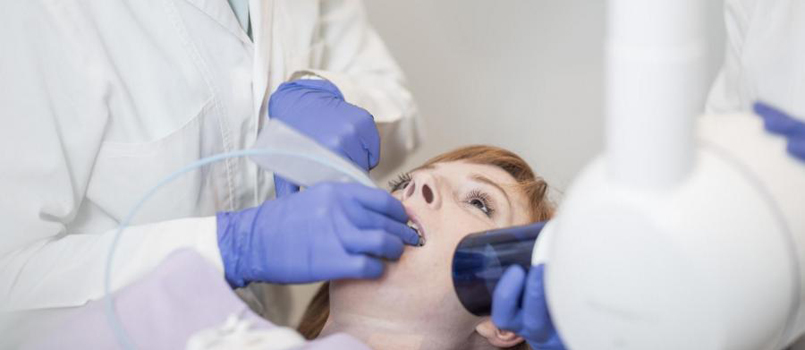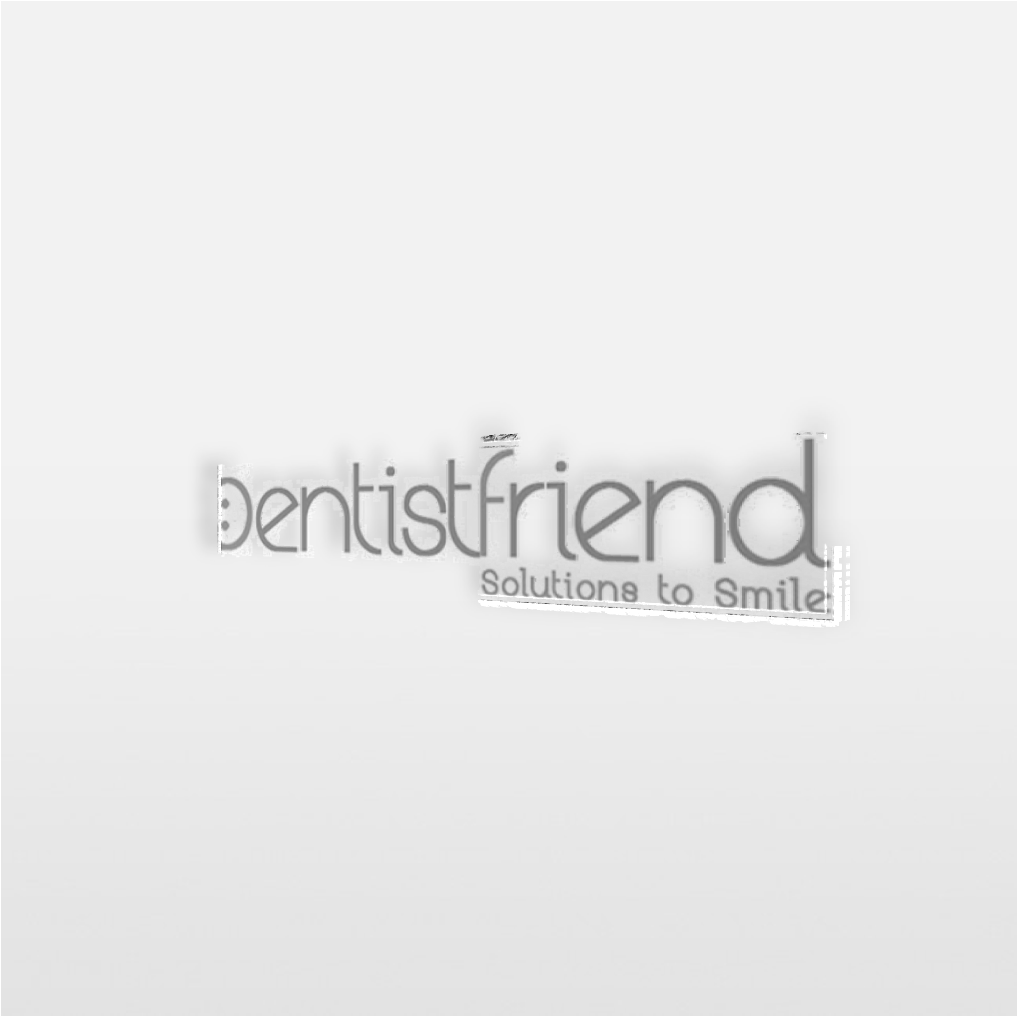More than 27,000 patients including vulnerable people with dementia and learning difficulties were mistakenly issued £100 penalties between May 2014 and July 2016.
The NHS fines more than 40,000 people a year for wrongly claiming exemptions from standard dental charges. The penalties are designed to stop fraudsters getting free treatment but dentists warn vulnerable patients are caught up in the system by mistake.
The NHS Business Services Authority, which issues the fines, said it was working to improve its system.
Patients who can prove they are exempt or have "an exceptional reason" for the charge to be waived do not have to pay, it added.
More than 117,000 fines, amounting to about £4m a year, were issued between May 2014 and March this year. Patients who are exempted from payment for treatment are randomly screened against NHS and government databases to check they are eligible.
But dentists say many people are unfairly fined for simply ticking the wrong box, and 90 per cent of penalties challenged by patients are overturned on appeal. More than 30,000 fines were challenged between May 2014 and July 2016.
The British Dental Association (BDA) said the figures "underscore the difficulties in determining whether a patient is exempt or not". It is calling for reforms of the system.
Henrik Overgaard-Nielsen, the organisation's chair of general dental practice, described the system as "confusion by design" and said charges put patients off seeking treatment.
"NHS charges exist to discourage patients from seeking dental treatment, and now appear to be delivering results even among those who don't need to pay," he said.
He added: "We have vulnerable patients who either cannot navigate the bureaucracy or are simply never made aware of their entitlements. What looks like confusion by design is leaving parents in the dark and dementia patients on the receiving end of £100 fines."
Charlotte Waite, a senior dentist in Loughborough, told the BBC she sees the problem on a "daily basis".
"This has become a significant barrier to care," she added. "It can cause a lot of distress if people feel they are seen as fraudulent."
Patients with special educational needs, dementia or other cognitive conditions were most likely to be hit by erroneous charges, said the BDA.
Brendan Brown, director of citizen services, said: "There are various reasons why we were initially unable to confirm their entitlement, for example the patient may have moved but not updated their address with their practice, or changed their name and not updated their exemption certificate. In situations like these, the patient contacts us and we close their case.
"We continually review our data matching process and make improvements where possible. We’re also working with various partner organisations to educate patients and healthcare professionals on the rules around eligibility for free dental treatment, to reduce the number of incorrect claims caused by confusion or lack of awareness."





